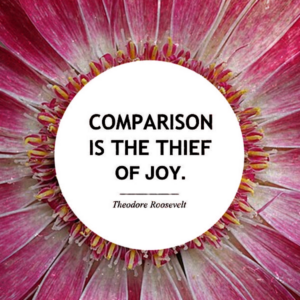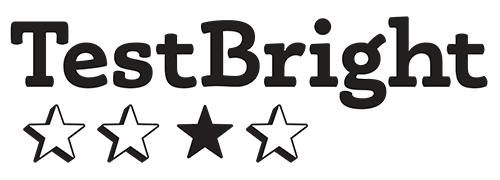 Have you ever worked with students that fully expect higher grades or scores than certain classmates based solely on relative assessments of intelligence? You know the kind of kids I’m talking about. I’ll never forget one pompous teen who couldn’t comprehend why a classmate had a better SAT score than he did. “He’s not nearly as smart as me,” he’d whine, then proceed to get in his own way on another practice test.
Have you ever worked with students that fully expect higher grades or scores than certain classmates based solely on relative assessments of intelligence? You know the kind of kids I’m talking about. I’ll never forget one pompous teen who couldn’t comprehend why a classmate had a better SAT score than he did. “He’s not nearly as smart as me,” he’d whine, then proceed to get in his own way on another practice test.
What do you say to students like that?
Obviously, students with unrealistic expectations need a gentle but firm introduction to the reality of performance. Innate ability is not enough. Hard work beats talent when talent doesn’t work hard. These are easy answers to tough questions about why some people fly where others falter.
Yet, another aspect of relative performance deserves more attention. Our students, at least the honest ones, know where they started, in terms of their lifelong learning habits and academic foundations. They know how much they read outside of school, how much they work on writing eloquently, and how well they really understand math on a conceptual level. They also know how closely they pay attention to instruction and how much practice they put in.
Yet, they know little to none of where their designated competition started or what they do. In grammar terms, all of these comparisons are faulty. As educators, we understand and have almost certainly explained these distinctions to our students. Yet, we are not immune to making comparisons just as faulty as these, are we?
I’ve been hearing plenty of side talk among tutors about short-term business trends and utilization rates. In other words, some tutors seem full, while others appear to be fairly freaking out. The term “feast or famine” has popped up here and there as well.
If you are caught in the trap of measuring your success against that of others, beware the dangers of faulty comparisons. Not only do we know very little about the journeys any of our colleagues or competitors are on, but we diminish our own real successes by comparing them to the illusions of others. Resist the urge to envy or deride the good fortune others appear to enjoy, particularly since luck is often what happens when preparation meets opportunity. Plus, recognize that we’re often as blind to other people’s struggles as we are to our own successes and vice versa.
Just as you might tell an insecure student to play her own game and recognize how far she’s come from where she started, tell yourself to focus on your own journey. If necessary, be more diligent, coachable, responsive, proactive, or whatever might be required to reach your next milestone. Just don’t discount your own victories. As Theodore Roosevelt once said, comparison is the thief of joy, and our profession should be a joyful one.
— Mike Bergin
Tutor Tips, Tools, and Thoughts
The Super Mario Effect – Tricking Your Brain into Learning More
How does gamification accelerate learning?
Can ChatGPT be used for Retrieval Practice?
Of course it can, but what are best practices for students and teachers?
Think Big. No, Bigger.
What would this business ideation exercise look like for a tutoring practice?
Product creation checklist
Are you creating an education product? Ask these questions first.
How to disagree at work without being a naysayer
Some of these tips also work for pointing out student errors!
Did you enjoy this issue of Tutor: The Newsletter? Get the next issue right in your inbox by subscribing below:
